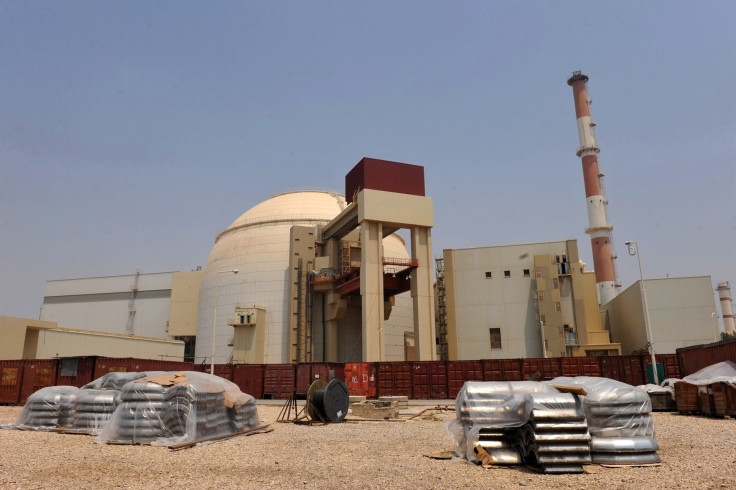Iran Nuclear Negotiations: Parliament Bans Access To Military Sites, Scientists Ahead Of June 30 Deadline

The Iranian parliament approved a bill Sunday to deny foreign nations access to the country’s military scientists and sites. It is a piece of a larger legislative package calling for the complete removal of economic sanctions on Iran in any agreement reached between the nation and the P5+1 group of world powers over the Islamic Republic’s nuclear program.
The bill garnered overwhelming support, as 199 of the 213 members of parliament who attended the session voted for it, the Associated Press reported. However, the bill has yet to be enacted into law.
Iran’s decision to bar foreign access to its military scientists and sites could have an effect on the negotiations over the country’s nuclear program. Iran and the P5+1 group -- China, France, Russia, the U.K. and the U.S., plus Germany -- set a June 30 deadline for a formal agreement on the nuclear program, after their representatives reached terms on the deal’s framework in April.
The approved legislation calls for a complete end to sanctions “on the day Iran starts fulfilling its obligations,” the country’s state-run Press TV reported. Regular monitoring of Iran’s sites by International Atomic Energy Agency inspectors was considered a crucial part of the initial agreement. The approved measure indicates IAEA officials will be able to “conduct conventional inspections” of Iran’s nuclear facilities, but that foreign investigators would not be permitted entry into other military sites or access to “scientists” of unspecified expertise.
In addition to extensive IAEA inspections and oversight, the initial agreement called on Iran to destroy most of its nuclear centrifuges and 98 percent of its uranium stockpile. In exchange, the European Union and U.S. would remove sanctions on Iran’s oil and banking industries, which have caused significant damage to the country’s economy in recent years. The sanctions would “snap back into place” should the Iranian government fail to hold up its end of the deal in a timely manner.
Negotiations over a final agreement on Iran’s nuclear program have continued since April, despite pushback by Republicans in the U.S. Congress because of concerns about the deal’s perceived leniency toward Iran. It is unclear whether negotiators will reach an agreement before the June 30 deadline, but an unidentified Western official expressed optimism Friday as negotiators prepared to meet in Vienna next week.
“We can’t rule out failure, but ... it seems more likely that we will get something. Not by June 30, but perhaps in the days that follow,” the official told Reuters.
© Copyright IBTimes 2025. All rights reserved.






















